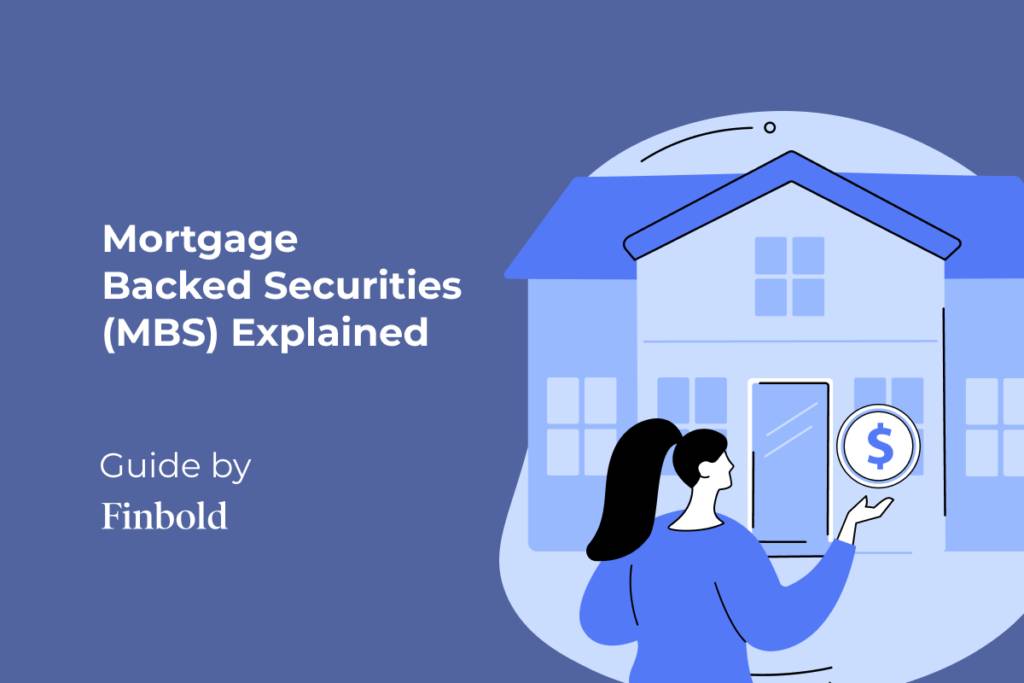Introduction
Mortgage-backed securities (MBS) are a class of investment that can provide investors with a steady stream of income.
MBS are made by combining a number of distinct mortgages and offering investors shares of the resulting pool. The investors are then regularly paid with the mortgage payments from the various mortgages. Here are some pointers for buying mortgage-backed securities:
Recognize the dangers
Investing in MBS carries risks, just like any other investment. When making an investment, it's critical to understand the potential dangers. These dangers might consist of credit risk, prepayment risk, and interest rate risk.
Choose the appropriate MBS type
There are various MBS kinds, including commercial, government-backed, and non-agency MBS. Every MBS type has a unique set of risks and advantages. It's crucial to conduct your homework and pick the best kind of MBS for your financial objectives.
Investigate the mortgage pool
Investigate the mortgage pool: Before making an investment in MBS, it's crucial to investigate the mortgage pool upon which the securities are based. Have a look at the borrowers' creditworthiness and the standard of the underlying mortgages. This might assist you in determining the degree of investment risk.
Financial Advisor
Working with a financial advisor is something you should think about doing because investing in MBS can be difficult, especially for beginnners. To assist you in navigating the world of investing, think about dealing with a financial advisor who specializes in MBS.
Diversify investment
Investment diversification is crucial, just like with any other type of investment. To spread your risk, think about investing in many MBS.
Keep a watch on interest rates because they can significantly affect the value of MBS. Keep an eye on interest rates and make any required adjustments to your investments.
Conclusion
Mortgage-backed securities can be a wonderful way to diversify your portfolio and create income. To achieve your investing objectives, it's crucial to be aware of the risks and select the appropriate form of MBS.
To make smart investing choices, do your homework, diversify your holdings, and think about consulting a financial counselor.



No comments yet
Be the first to share your thoughts!